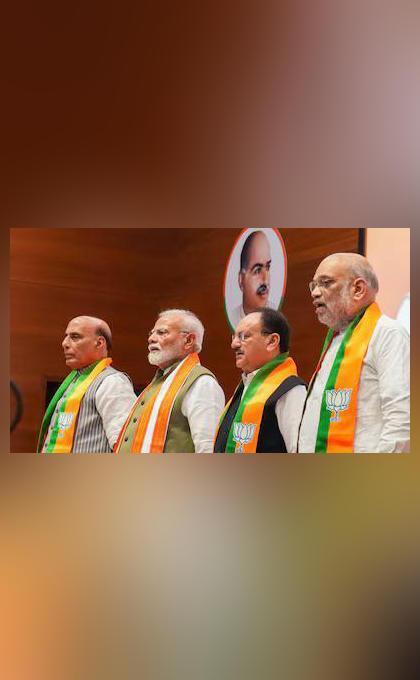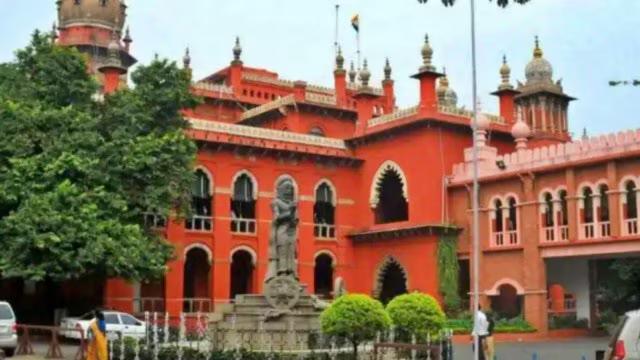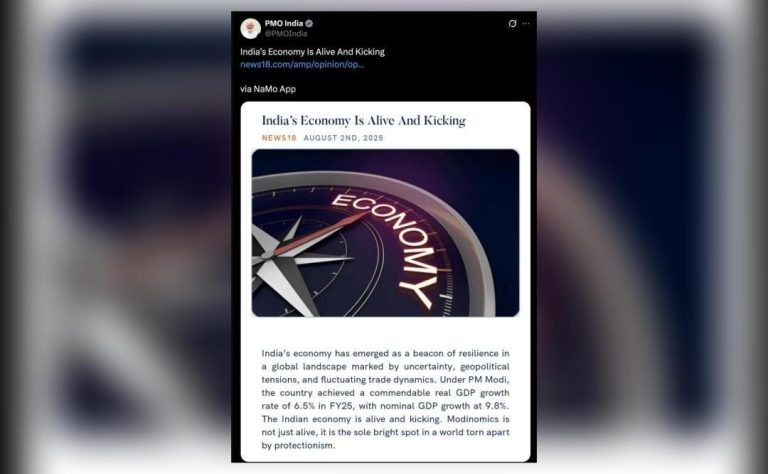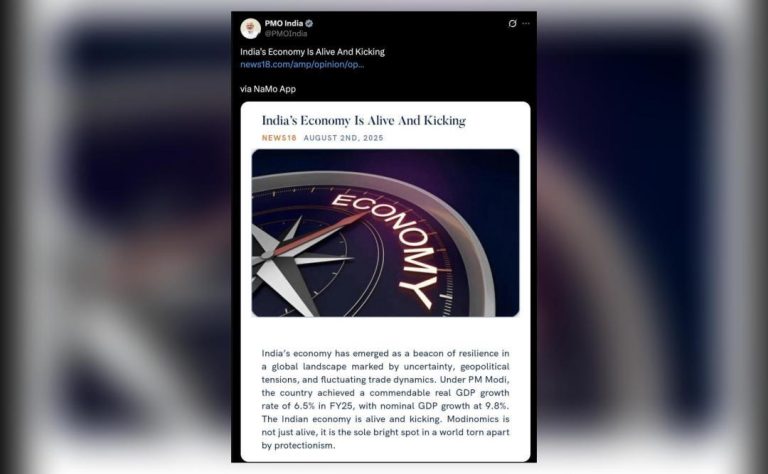
BJP Never Promised Farm Loan Waiver in Manifesto: Maha Minister
The ongoing debate on farm loan waivers has taken a new turn in Maharashtra, with a senior minister from the ruling BJP party stating that the party never promised farm loan waivers in its manifesto for the 2024 state assembly elections. The statement comes as a response to a seven-day hunger strike by the Prahar Janshakti Party founder, Bachchu Kadu, who ended his protest in the Amravati district after the government assured to consider his demand for a complete farm loan waiver.
The hunger strike, which began on January 10, was a symbolic protest against the government’s failure to provide relief to farmers struggling with debt. Kadu, who is also a former MLA, had been demanding a complete farm loan waiver, citing the financial difficulties faced by farmers in the state. The protest gained momentum as farmers from various districts joined him in solidarity, demanding the government to reconsider its stance on the issue.
However, Maharashtra Minister Atul Save, while addressing a press conference, dismissed the idea that the BJP had promised farm loan waivers in its manifesto. He stated that the party’s election manifesto for the 2024 assembly polls did not mention farm loan waivers as a promise. Save’s statement has sparked a heated debate, with many questioning the government’s sincerity in addressing the concerns of farmers.
Farmers in Maharashtra have been facing severe financial difficulties due to crop failures, low prices for their produce, and high interest rates on loans. The state government has been implementing various schemes to provide relief to farmers, including the Maharashtra Farm Debt Relief Scheme, which aims to provide relief to farmers by reducing their debt burden. However, many farmers have been critical of the scheme, citing its limited scope and lack of effectiveness.
The farm loan waiver demand has been a contentious issue in Maharashtra, with various political parties taking different stances on the issue. While the opposition parties, including the Congress and the Nationalist Congress Party (NCP), have been vocal about their support for farm loan waivers, the ruling BJP has been hesitant to commit to such a move.
The current situation in Maharashtra is a manifestation of the larger issue of farm distress in the country. Farmers across the country have been struggling to make ends meet, with many resorting to extreme measures like suicide due to the financial pressure. The government’s response to this crisis has been criticized for being inadequate and ineffective.
The farm loan waiver demand has also been linked to the ongoing protests by farmers in other states, including Madhya Pradesh, Uttar Pradesh, and Punjab. The protests, which began in 2020, have been demanding better prices for their produce, a complete farm loan waiver, and an end to the use of controversial agricultural laws.
In the context of Maharashtra, the farm loan waiver demand has been linked to the state’s agricultural economy, which is facing significant challenges. The state’s agricultural sector is the largest source of employment and income for many rural communities. However, the sector has been facing declining returns due to various factors, including climate change, pests, and diseases affecting crops, and the lack of effective crop insurance schemes.
The government’s response to the farm loan waiver demand has been criticized for being inadequate and half-hearted. While the state government has been implementing various schemes to provide relief to farmers, these schemes have been criticized for being limited in scope and not addressing the root causes of the problem.
In conclusion, the statement by Maharashtra Minister Atul Save that the BJP never promised farm loan waivers in its manifesto has sparked a heated debate on the issue. While the government’s response to the farm loan waiver demand has been criticized for being inadequate, the issue remains a pressing concern for farmers in the state. The government must take a more comprehensive and effective approach to addressing the concerns of farmers, including providing relief from debt and ensuring better prices for their produce.






